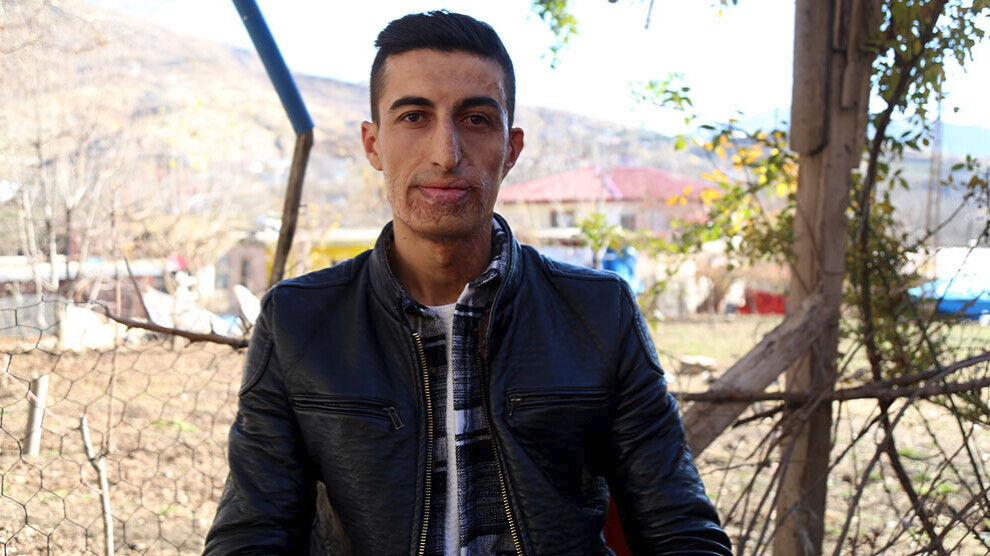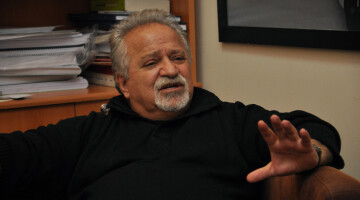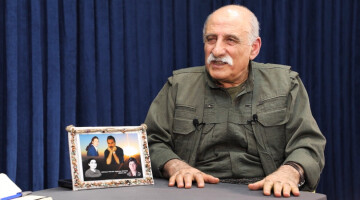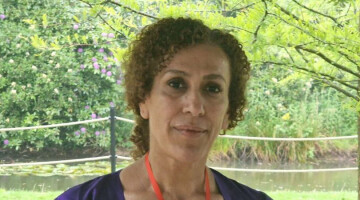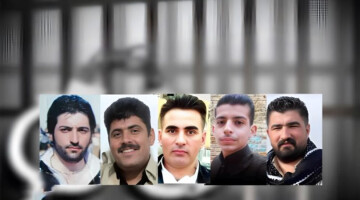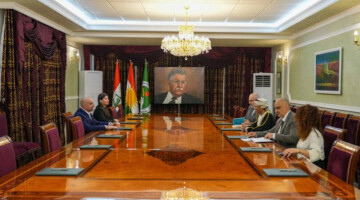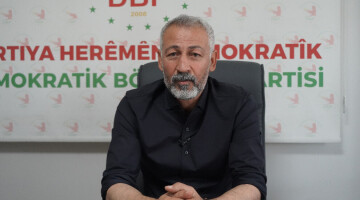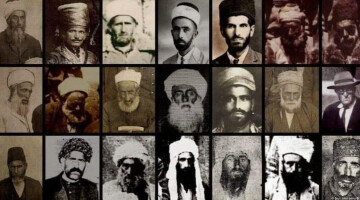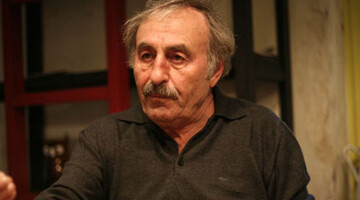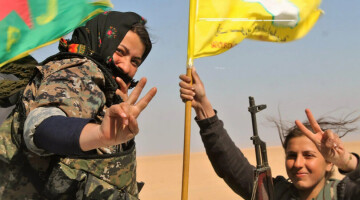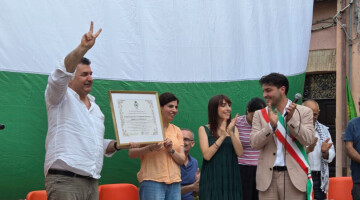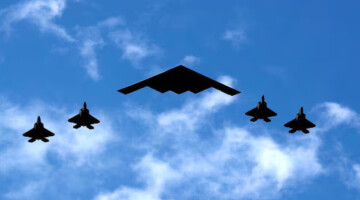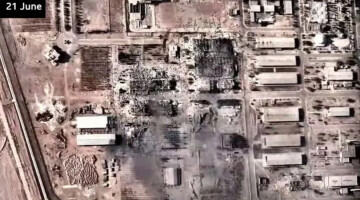On 28 December 2011, Turkish warplanes bombed a group of people from the village of Roboskî in the northern Kurdish province of Şirnex. The attack killed 34 civilians, 19 of them under 18. While the perpetrators have not been prosecuted to this day, the relatives of the victims are being subjected to repression. Dozens of villagers were hit with fines for their protests. Several people from Roboskî have even been imprisoned for posting about the massacre and for taking part in protests. Barış Encu, whose brother Nevzat was killed in the massacre, is one of them. He was imprisoned for three years and eight months and has now been released. Encu told Mezopotamya news agency that the only reason he was sentenced to prison was because he was seeking justice. But the fight for justice will continue until it is achieved, he added.
"Our brother's blood is not for sale"
Barış Encu underlined that eleven years have passed since the massacre, but there is still no justice. The massacre must not be forgotten and the perpetrators must be uncovered and punished. He said that compensation was forced on the families and added: “Our brother's blood is not for sale. They kill our brother and say, 'Here is money for his blood.’Damn this money.”
Encu said he was detained because he kept searching for the perpetrators of the massacre and demanding that they be brought to justice. He was sentenced to six years and three months in prison but was released after three years and eight months. He continued: “We will not allow this massacre to be forgotten. As long as we live, we will tell our children and our children will tell their children and the massacre will not be forgotten.”
Encu pointed to the statements made by then-Energy Minister Berat Albayrak and some other government officials after the attempted coup on 15 July 2016. Albayrak said that the ‘Gülen Terrorist Organization" (FETÖ) was responsible for the Roboskî massacre’. Encu, however, said that “it makes no sense. If FETÖ had done that, why is a 'PKK victim' entered in the files as a condition of compensation? So why isn't it called FETÖ victims? There is a big contradiction here. If FETÖ did it, who has been arrested as perpetrators of the Roboski massacre so far? Nobody was arrested, nobody was brought to justice. We have yet to see anyone claiming in court that he was the perpetrator of Roboskî. As long as the identities of the perpetrators are not revealed, we have no confidence in these statements.”
The Roboski massacre
On 28 December 2011, a total of 34 civilians were killed in an airstrike by the Turkish army near Roboskî in the district of Qileban (Uludere). Nineteen of the victims were under 18, four people survived with serious injuries. The massacre happened shortly before the New Year celebrations. The young men between the ages of thirteen and thirty-eight, whose families made a living from the border trade, had just returned from South Kurdistan. Their donkeys were loaded with petrol cans, tobacco products and sugar. The shelling of Turkish fighter jets began at 9.37 p.m. and lasted until 10.24 p.m.
The Turkish general staff later explained that since the group had taken a route also used by the PKK guerrillas, the decision had been made to strike it. They were thought to be "terrorists". Hours before the first air strike, however, drone images had already been evaluated at 6.39 p.m. It was clearly seen that the people were in fact border traders. The local military police (Jandarma) were also informed about every step of the smugglers, as they illegally collected customs duties.
In any case, the guerrillas do not use large roads like the border traders and do not move in such conspicuous groups with mules. The responsible military in Ankara must have been aware of that, too. The current head of state, Recep Tayyip Erdoğan, who was prime minister at the time, promised to investigate the incident. However, it was Erdoğan himself who personally thanked the chief of staff for the bombing.

